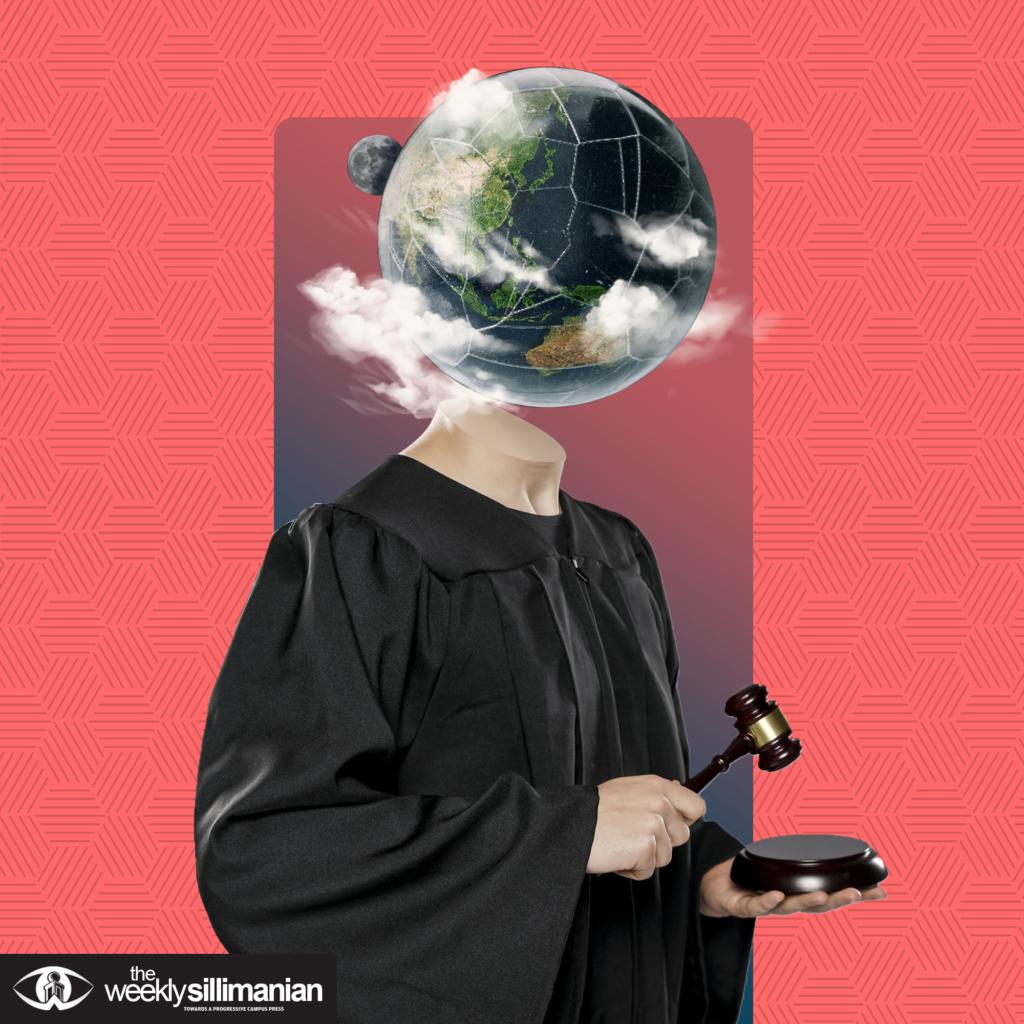by Emmarie May M. Bonganciso | January 22, 2022
Whether it’s amid a global health crisis or a typhoon, people await December for common reasons: hope, thanksgiving, and chance to brace oneself, gather courage, and start again. It was right in the middle of the last stretch of 2021 when Super Typhoon Odette changed the lives of thousands of families. One day, many had a roof over their heads, and the next, they were on the floor of an evacuation shelter along with a hundred others. Merely days before Christmas, thousands of families would be left anxious and hungry in the dark, cold remnants of what used to be home.
Trees uprooted completely, electricity and phone signals lost, landmarks unrecognizable in the muddy waters, and houses submerged and destroyed; these are only some of the tragedies that tropical countries have sadly become acquainted with. Small local businesses and the agricultural sector are the first to suffer the damages, while the lowest-earning families take the blow most harshly.

The Philippines is a hotspot of many of the world’s strongest typhoons — being at the western end of the Pacific Ocean, where the vastness of its waters allows for these typhoons to develop and sustain heavy rains and winds.
The country experiences an average of 20 tropical cyclones per year, according to the Asian Disaster Reduction Center, but still, experts consider Super Typhoon Odette (referred to as Rai globally) to be the strongest storm of 2021 to hit the Philippines. So, how has the strength of these typhoons changed throughout the years? And what does climate justice have to do with the worsening crisis our country suffers?
As natural weather events, people have anticipated and prepared for typhoons for centuries. The climate crisis continues to be a jarring issue and climate change is not only altering how typhoons are being formed but also its impact on us. Giant storms that cause widespread destruction across Japan, China, Korea, and the Philippines have reportedly grown 50% stronger in the past 40 years due to warming seas. Research has shown that the intensification of typhoons makes landfalls happen because warmer coastal seas give more energy to developing storms, enabling their wind speeds to grow more rapidly. The stronger the storm, the higher the storm surge which can often cause the most destruction and loss of life.
While it is true that no one can escape the climate crisis, it is far from being an equal fight. The concept of climate justice is founded upon the general observation that those who are the least responsible are already enduring severe consequences. It is the sufferings of many which pay for the luxuries of the few. Climate justice attempts to shine the light on the multifaceted issue that goes beyond how we’ve exploited our natural resources. It points back to the social injustices in history, to colonialism and slavery, while it magnifies the underlying prejudice as the present culprit lurking within today’s society. You see this in terms of oil and gas infrastructures situated near the communities of people of color and indigenous communities. Climate justice means farmers and fisherfolk being the first to go hungry and homeless at the strike of a typhoon while the biggest polluting companies come through with barely a scratch. It means situating landfills in minority areas, compromising low-income communities. It means disturbing and exploiting the lands and resources of indigenous people for profit.
David Wallace-Wells, the author of “The Uninhabitable Earth”, stated that nations in the global south are already dealing with the dramatic impacts today and will be much worse in the decades to come such that the share of punishing brutal impacts are almost all concentrated in countries that are the least prepared to deal with them. And the most dreadful part is that as climate change exacerbates global inequality — countries with the capacity to help all around the world are instead turning away from the needs of people living elsewhere and focusing only on the wellbeing of their citizens in an exceptionalist fashion.
But if dealing with climate change means we have to unravel the ethical dimensions of our societies, will we ever see the light at the end of the tunnel? The results of climate change make an impact on us because this phenomenon hurts and impedes our lives, destroying homes and killing families. The climate crisis matters because we inherently know the value of life itself, and when it threatens such, there is a deep sense of injustice that we can commonly share. And because of this, we simply cannot isolate an environmental issue from ethics, politics, and worldview. The injustices in our history that have made lasting impacts on our present are more than just a climate issue. It’s an introspective and worldview issue.
In this perennial pursuit for some kind of redemption for the wrongs made in the past, it is a cruel reality that not all in power and affluence are being held accountable for the decisions they make. And so, whether it’s a global pandemic or a climate crisis, we don’t just await the seasons and times to change. We make the change now, starting with ourselves.


